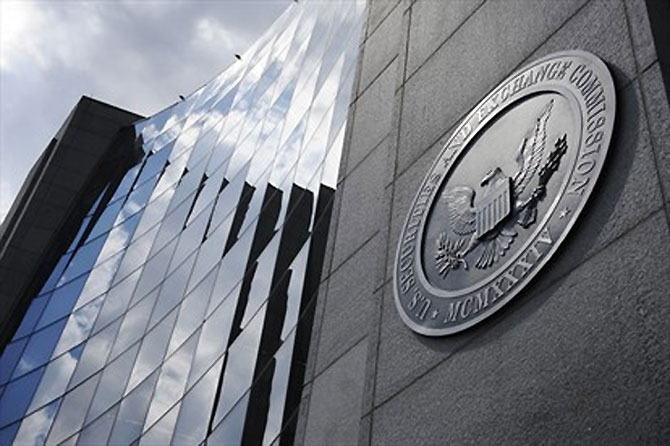Photographs: Pawel Kopczynski/Reuters M Saraswathy & Sachin P Mampatta in Mumbai
Gave more information on wrongdoing than France, Germany and Japan
Indians have provided more tip-offs on fraud, manipulation and corporate disclosures to the US stock market regulator than citizens of countries like France, Singapore, Germany, Switzerland, Australia and Japan.
The US Securities and Exchange Commission (SEC) received 18 tips from Indian whistle-blowers during financial year 2013 (October-September) on instances of possible wrongdoings. This places India at the fifth slot among 55 nations from which the watchdog received such information, according to data from a report to US legislators on that country’s whistle-blower programme.
The Dodd-Frank whistle-blower programme allows individuals to provide information on possible violations of securities laws, even anonymously one so wishes. This is the programme’s third year of operation.
“Since the beginning of the programme, the Commission has received whistle-blower tips from individuals of 68 countries outside the US. In financial year 2013 alone, the Commission received whistle-blower submissions from individuals of 55 foreign countries,” said the report.
Click on NEXT for more...
Indians among top informers in US
Photographs: Reuters
The programme resulted in information that included 525 tips concerning manipulation, 553 on fraud and 557 on disclosures.
In addition, there were 196 tips on cases of insider trading and 149 under the Foreign Corrupt Practices Act, which looks to prosecute instances of bribery of foreign officials by US entities.
Some of the recent high-profile whistle-blower cases in the US might have encouraged Indians to come forward, said J N Gupta, founder & managing director of Stakeholders Empowerment Services, a corporate governance research and advisory firm.
“People have become encouraged and motivated by the Ranbaxy case. The chance of monetary reward also helps incentivise people to provide such information to regulatory authorities,” he said.
Dinesh Thakur, the whistle-blower in the case of pharmaceutical company Ranbaxy, pocketed around $49 million (approximately Rs 240 crore) for tipping off the US authorities.
According to SEC, under the programme, if a tip-off results in monetary sanctions of more than $1 million, individuals concerned can get 10-30 per cent of the sanctions collected. SEC paid out $14.8 million in awards during the year, the report said. However, there have been only six such awards in three years — four of those in 2013.
Click on NEXT for more...
Indians among top informers in US
Photographs: Reuters
InGovern Research Services Founder & MD Shriram Subramanian, too, said the Ranbaxy episode would have played a role in more Indians coming forward. But, the whistle-blowing concept wasn’t well understood in India, he added.
“It is generally accepted that bad corporate practices are common and not worth reporting. Companies and regulators must work towards training and sensitising employees towards the pros and cons of whistle-blowing,” he said.
But, he added, as Indians became more aware of global corporate governance practices, the possibilities of exposés increased.
“The exposés are likely to happen in sectors and companies that have more global revenues and global workforce. As Indian companies become more global, they need to adopt global best practices,” he explained.
At present, India does not have a whistle-blower policy. However, in a recent discussion paper on corporate governance, the Securities and Exchange Board of India, the country’s market regulator, had said companies should put in place an internal policy to facilitate whistle-blowing.
The number of whistle-blower tips and complaints received by SEC annually increased from 3,001 in the financial year 2012 to 3,238 in the 2013. The regulator can use these tips to initiate enforcement actions on its own, or pass those on to other agencies if it is seen as more appropriate.





article